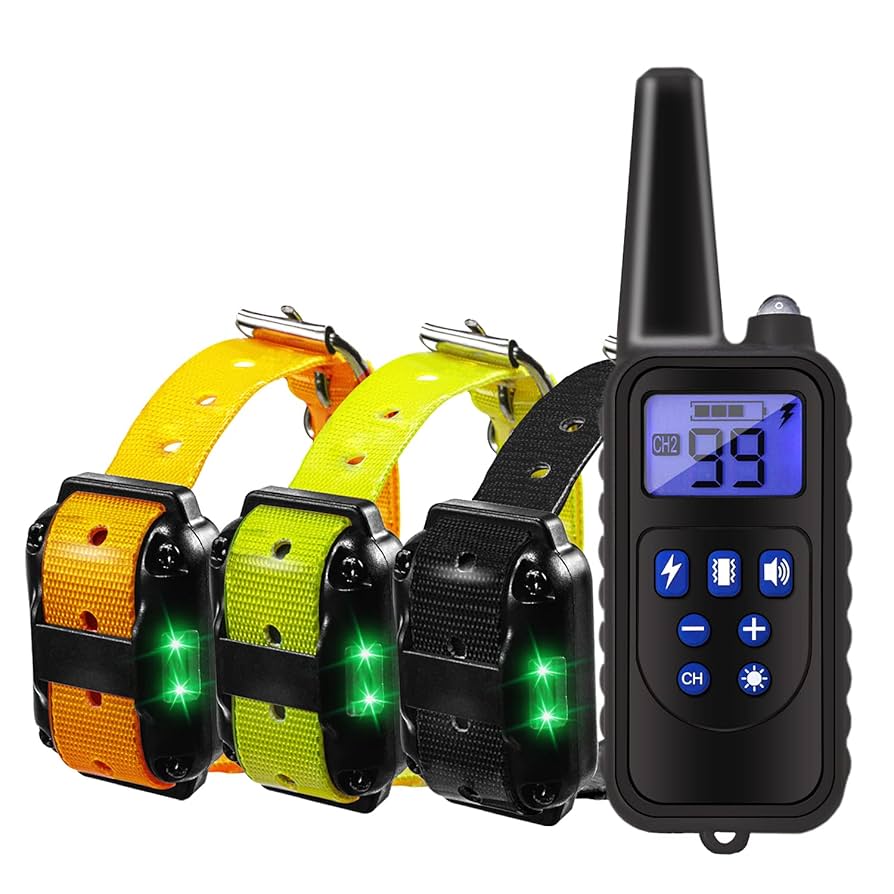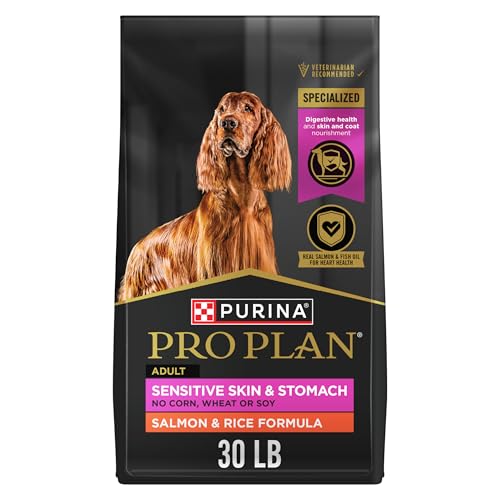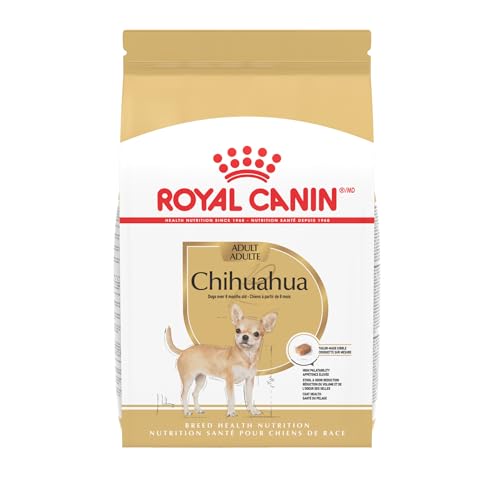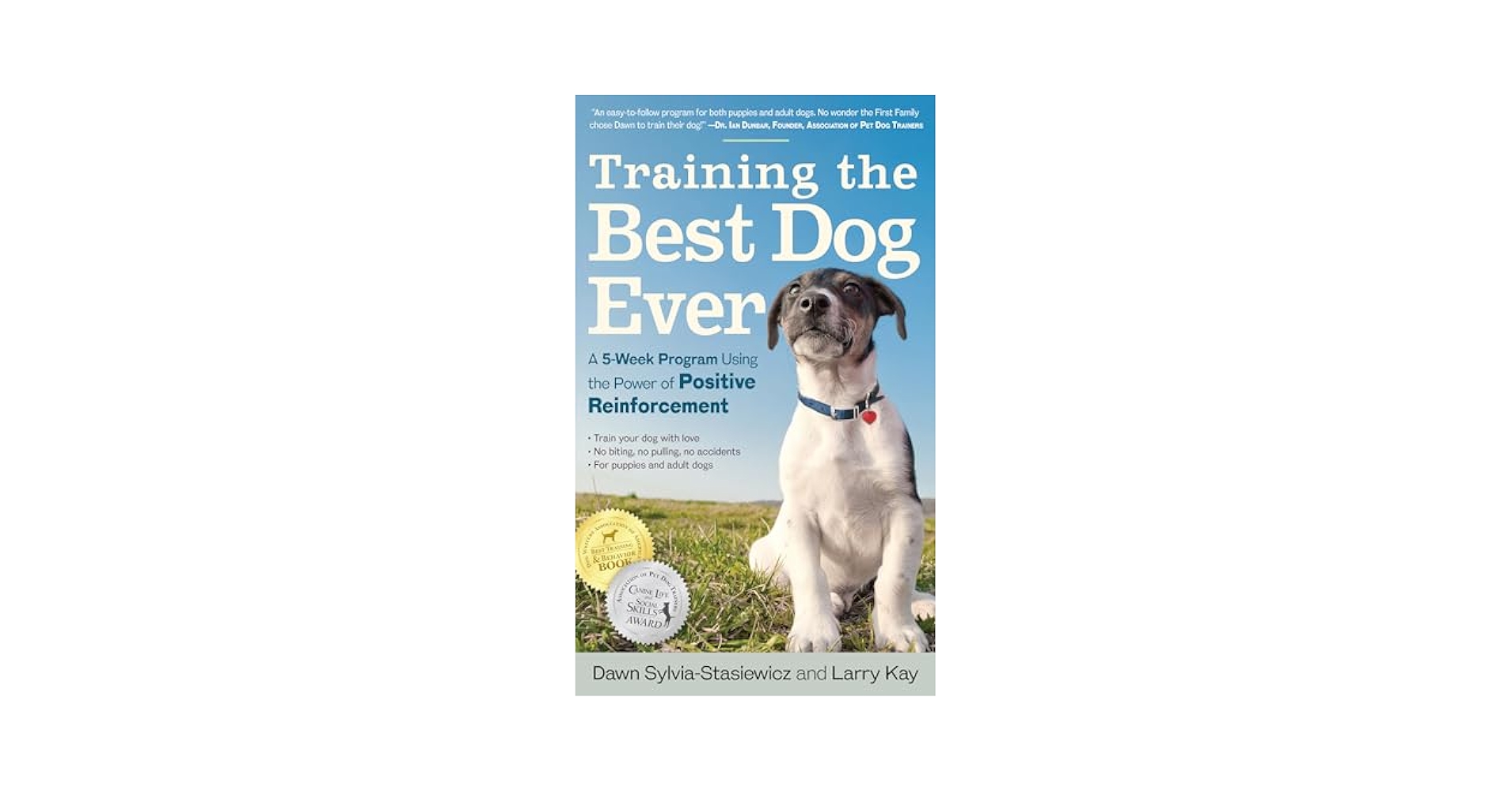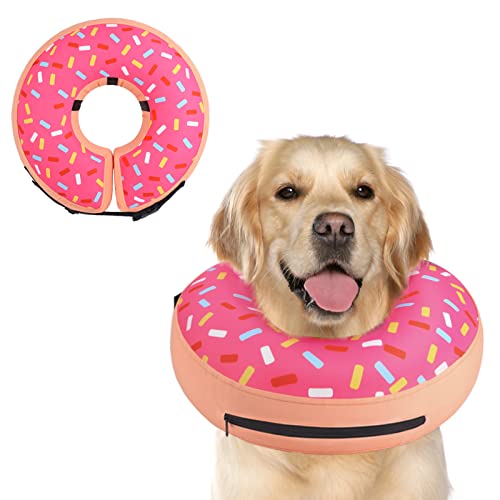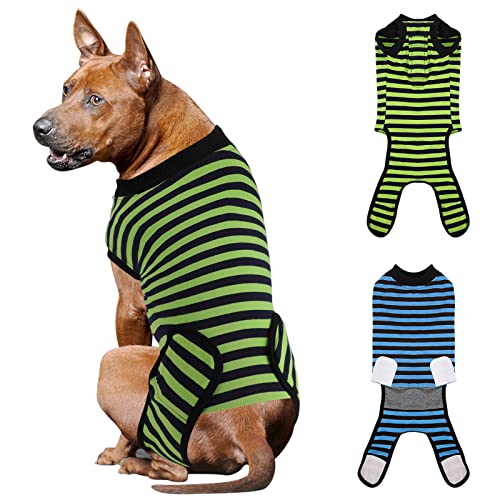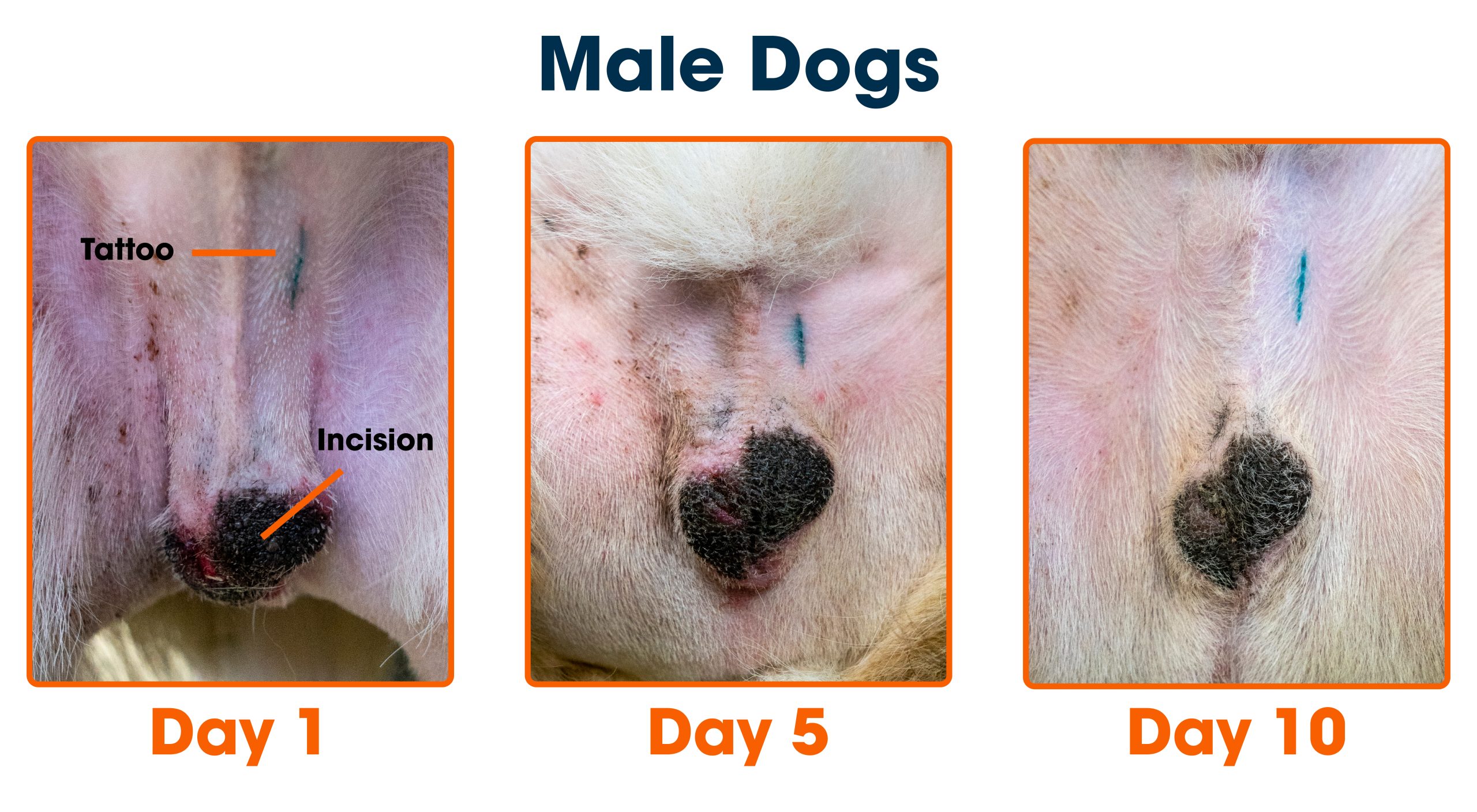If you’ve just had your dog neutered, you’re probably wondering, “How long will the recovery take?” You want your furry friend to heal quickly and comfortably. Understanding the recovery time helps you prepare the right care and avoid unnecessary stress.
You’ll learn what to expect day by day, how to spot signs of trouble, and what you can do to make your dog’s healing smooth and safe. Keep reading to give your pet the best chance at a speedy recovery.
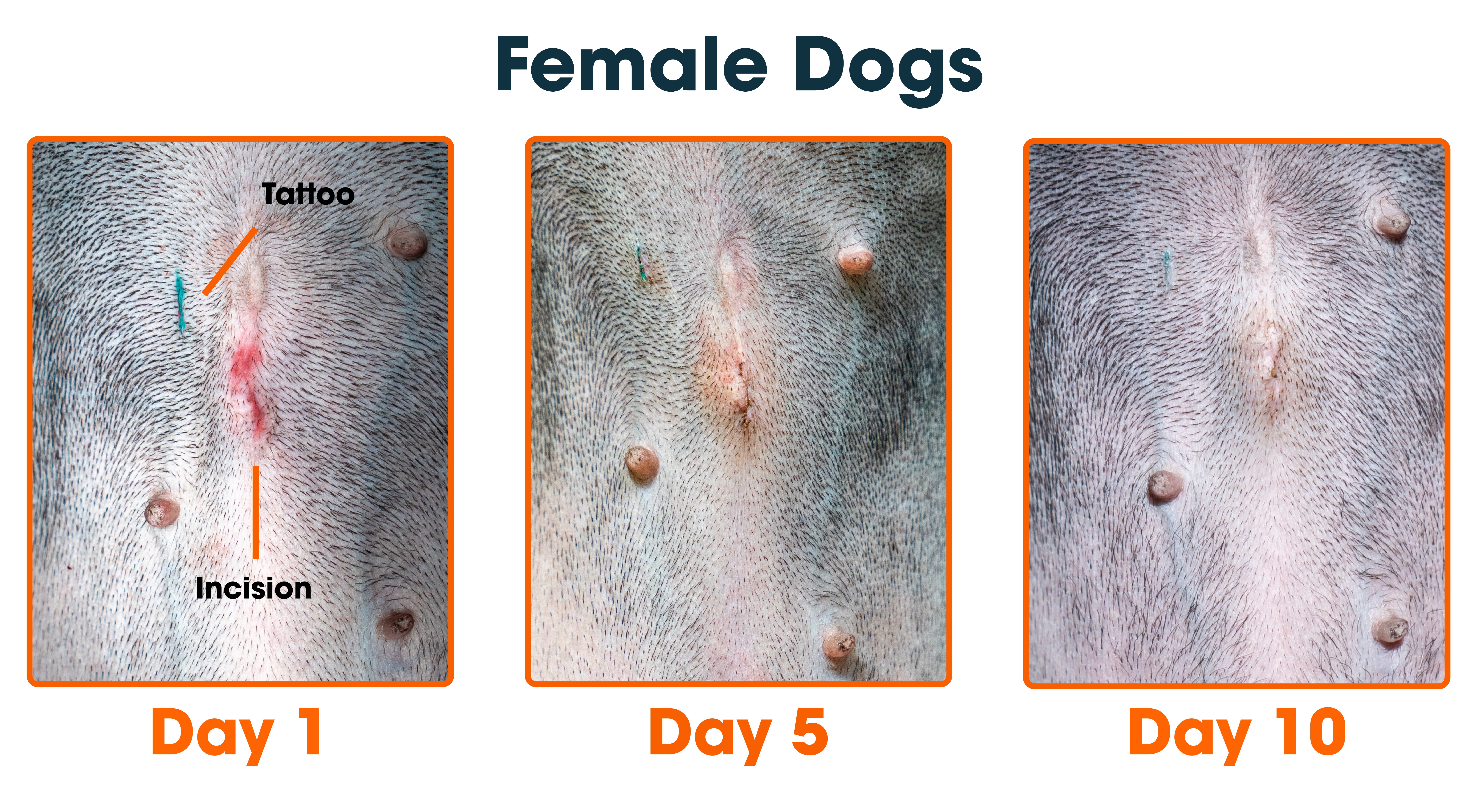
Credit: www.aspca.org
Typical Recovery Timeline
The typical recovery timeline after neutering a dog varies but usually follows a clear pattern. Understanding each stage helps ensure your pet heals well. Watch your dog closely during these days. Signs of normal healing or any issues become clear here.
First 24 Hours
The first day after surgery is critical. Your dog may feel groggy from anesthesia. Rest is key. Keep your dog in a quiet, comfortable place. Avoid any active play or jumping. Offer small amounts of water and food once fully awake. Check the incision site for redness or swelling. Mild swelling is normal but watch for bleeding.
Days 2 To 7
During this period, your dog starts to feel better. Swelling should reduce gradually. Keep the incision clean and dry. Prevent licking or biting with an Elizabethan collar if needed. Limit your dog’s activity to short walks. Avoid running, jumping, or rough play. Monitor the incision daily for signs of infection like discharge or bad odor. Most dogs regain normal appetite and energy.
After One Week
By the end of the first week, healing is well underway. Stitches might be removed if not dissolvable. Your dog should be more active but still avoid strenuous exercise. The incision site should look almost healed. Continue checking for any unusual signs. Full recovery usually happens within 10 to 14 days. Follow your vet’s advice for ongoing care.
Credit: www.tiktok.com
Post-surgery Care Tips
Post-surgery care is vital for your dog’s smooth recovery after neutering. Proper care helps avoid complications and speeds healing. This section highlights key tips to ensure your dog stays comfortable and healthy during recovery.
Managing Pain And Discomfort
Pain control is essential after surgery. Your vet may give pain medicine. Give it exactly as directed. Watch for signs of pain like whining, restlessness, or licking the surgery area. Keep your dog calm and limit activity to reduce discomfort. Provide a quiet, cozy spot for rest.
Wound Care And Cleaning
Keep the wound clean and dry. Check the incision twice daily for redness, swelling, or discharge. Use a damp cloth to gently clean around the area if needed. Avoid soaking the wound or using harsh chemicals. Notify your vet if the wound shows signs of infection or opens.
Preventing Licking And Scratching
Licking or scratching the incision can cause infections or reopen the wound. Use an Elizabethan collar (cone) or recovery suit to prevent this. Distract your dog with toys or gentle petting. Keep your dog busy but avoid rough play until fully healed.
Activity Restrictions
After neutering, dogs need special care to heal well. Activity restrictions help prevent injury and speed recovery. Keeping your dog calm and still is very important during this time. This section explains how to manage your dog’s activity after surgery for the best results.
Limiting Physical Activity
Limit your dog’s physical activity for at least 7 to 10 days after surgery. Avoid running, jumping, and climbing stairs. These actions can cause pain or open the surgical wound. Use a leash when outside to control movement. Create a quiet space at home where your dog can rest comfortably.
When To Resume Walks
Short, slow walks can usually resume about 10 days after neutering. Keep walks gentle and short at first. Avoid fast walking or playing during these outings. Gradually increase the walk time as your dog heals. Watch for any signs of discomfort or swelling after walking.
Avoiding Rough Play
Do not allow rough play with other pets or children during recovery. Rough play can cause stress on the healing area. It also increases the risk of injury and infection. Teach family members to be gentle and calm around your dog. Use toys that encourage quiet play instead of active play.
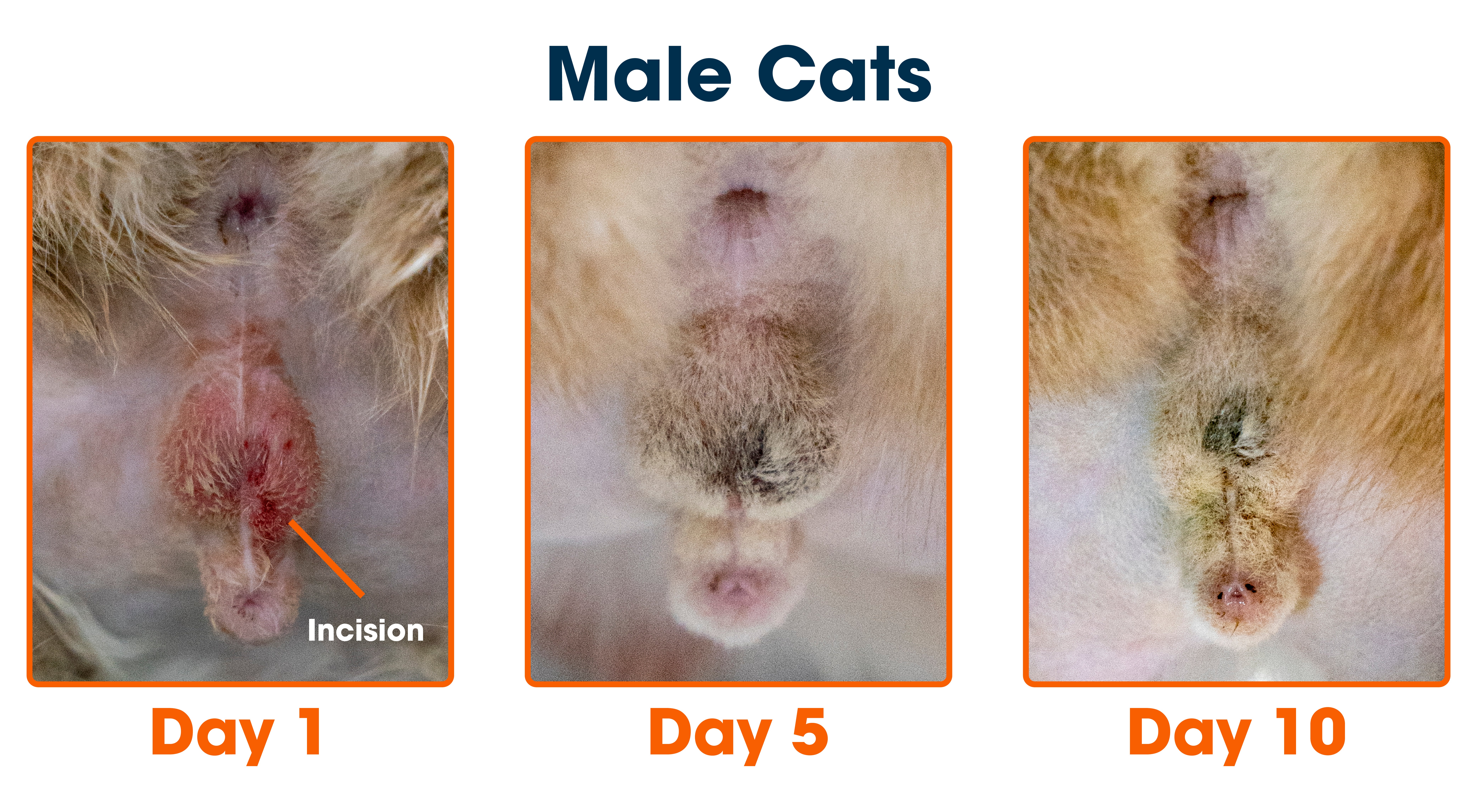
Credit: www.aspca.org
Signs Of Complications
Recognizing signs of complications after your dog’s neutering is crucial for a smooth recovery. Some symptoms might seem minor but could indicate serious issues. Staying alert helps you act fast, ensuring your dog gets the care needed before problems worsen.
Infection Symptoms
Watch closely for redness, warmth, or pus around the incision. These are clear signs of infection. If your dog starts licking the area excessively or develops a foul smell, don’t ignore it.
Fever or lethargy can also signal infection. If your dog seems unusually tired or refuses to eat, reach out to your vet immediately. Early intervention can prevent complications from escalating.
Excessive Swelling Or Bleeding
Some swelling is normal, but if it grows rapidly or feels hot to the touch, it could be a problem. Excessive bleeding, especially bright red blood, is not typical and requires urgent attention.
Remember, small bruises or slight oozing might happen, but a large pool of blood or swelling that makes the incision bulge needs a vet’s evaluation. Have you checked your dog’s incision daily since surgery?
Behavioral Changes To Watch
Changes like constant whining, restlessness, or hiding can indicate pain or discomfort beyond normal recovery. If your dog suddenly becomes aggressive or unusually withdrawn, something might be wrong.
Loss of appetite or refusal to move are also red flags. Your dog can’t tell you what hurts, so watch behavior closely and trust your instincts to seek help when needed.
Diet And Hydration
After your dog’s neutering surgery, paying close attention to diet and hydration can make a big difference in how quickly they bounce back. Proper nutrition fuels healing, while keeping your dog well-hydrated supports overall recovery and comfort. Let’s look at how you can manage feeding and fluids to support your furry friend during this sensitive time.
Feeding After Surgery
Right after surgery, your dog may not feel very hungry. It’s normal for their appetite to dip for a day or two. Offer small, light meals instead of large portions to avoid upsetting their stomach.
Choose easy-to-digest foods like boiled chicken and rice or a bland commercial diet recommended by your vet. Monitor how much your dog eats and watch for any signs of nausea or vomiting. If appetite doesn’t improve within 48 hours, check with your veterinarian.
Hydration Importance
Water is crucial after neutering. It helps flush out anesthesia toxins and supports healing from the inside out. Always keep fresh water available and encourage your dog to drink regularly.
If your dog isn’t drinking enough, try offering ice cubes or diluted low-sodium broth to stimulate thirst. Dehydration can slow recovery and cause other health issues, so don’t overlook this simple but vital step.
Foods To Avoid
Some foods can interfere with healing or upset your dog’s stomach during recovery. Avoid giving fatty treats, spicy snacks, or anything with added salt. Also, stay away from bones and chews that could cause choking or damage surgical sites.
Human foods like chocolate, grapes, onions, and garlic are toxic to dogs and must be kept out of reach at all times. Keeping the diet clean and simple helps your dog heal without complications.
Follow-up Veterinary Visits
Follow-up veterinary visits play a vital role after your dog’s neutering surgery. These visits help ensure your pet heals properly and stays healthy. The vet checks the surgical site, removes sutures if needed, and monitors the overall recovery. Regular checkups also allow early detection of any complications. Proper care during this phase supports your dog’s quick return to normal activity.
Scheduling Checkups
After neutering, the vet usually schedules the first checkup within 7 to 10 days. This visit confirms that the incision is healing without infection or swelling. Follow-up appointments depend on your dog’s healing progress. The vet might ask for more visits if any issues arise. Keep the schedule to avoid delays in recovery.
Suture Removal Process
Many dogs receive dissolvable sutures that do not need removal. If your dog has non-dissolvable stitches, the vet will remove them during a follow-up visit. This typically happens 10 to 14 days after surgery. The process is quick and painless. The vet cleans the area and gently removes the sutures. Proper suture care prevents irritation and infection.
Monitoring Recovery Progress
The vet evaluates your dog’s healing by checking the incision site and overall health. They look for signs of redness, swelling, or discharge. The vet also checks your dog’s behavior and appetite. Any unusual symptoms may require additional treatment. Monitoring recovery helps catch problems early and ensures your dog feels better soon.
Frequently Asked Questions
How Long Does A Dog Take To Recover From Neutering?
Most dogs recover from neutering within 10 to 14 days. During this time, they need rest and limited activity. Follow your vet’s instructions carefully to ensure proper healing. Watch for signs of infection or discomfort and contact your vet if concerns arise.
What Are Common Post-neutering Recovery Symptoms In Dogs?
Common symptoms include mild swelling, redness, and lethargy. Your dog may also experience slight bruising and loss of appetite. These symptoms usually improve within a few days. If they worsen or persist beyond two weeks, consult your veterinarian.
When Can My Dog Resume Normal Activities After Neutering?
Dogs should avoid running, jumping, and rough play for 10 to 14 days post-surgery. Gradually reintroduce activities once the incision heals and your vet approves. Proper rest helps prevent complications and speeds up the recovery process.
How To Care For My Dog During Neutering Recovery?
Keep the incision clean and dry, prevent licking or chewing, and use an Elizabethan collar if needed. Monitor your dog’s behavior and appetite closely. Provide a quiet, comfortable space for rest and follow all post-operative care instructions from your vet.
Conclusion
Recovery after neutering a dog usually takes about 10 to 14 days. During this time, your dog needs rest and gentle care. Watch for signs of pain or infection and keep the wound clean. Avoid letting your dog run or jump too much.
Follow your vet’s advice closely for a smooth healing process. Remember, patience helps your dog heal faster and stay healthy. Taking good care now leads to a happier, healthier pet later.

